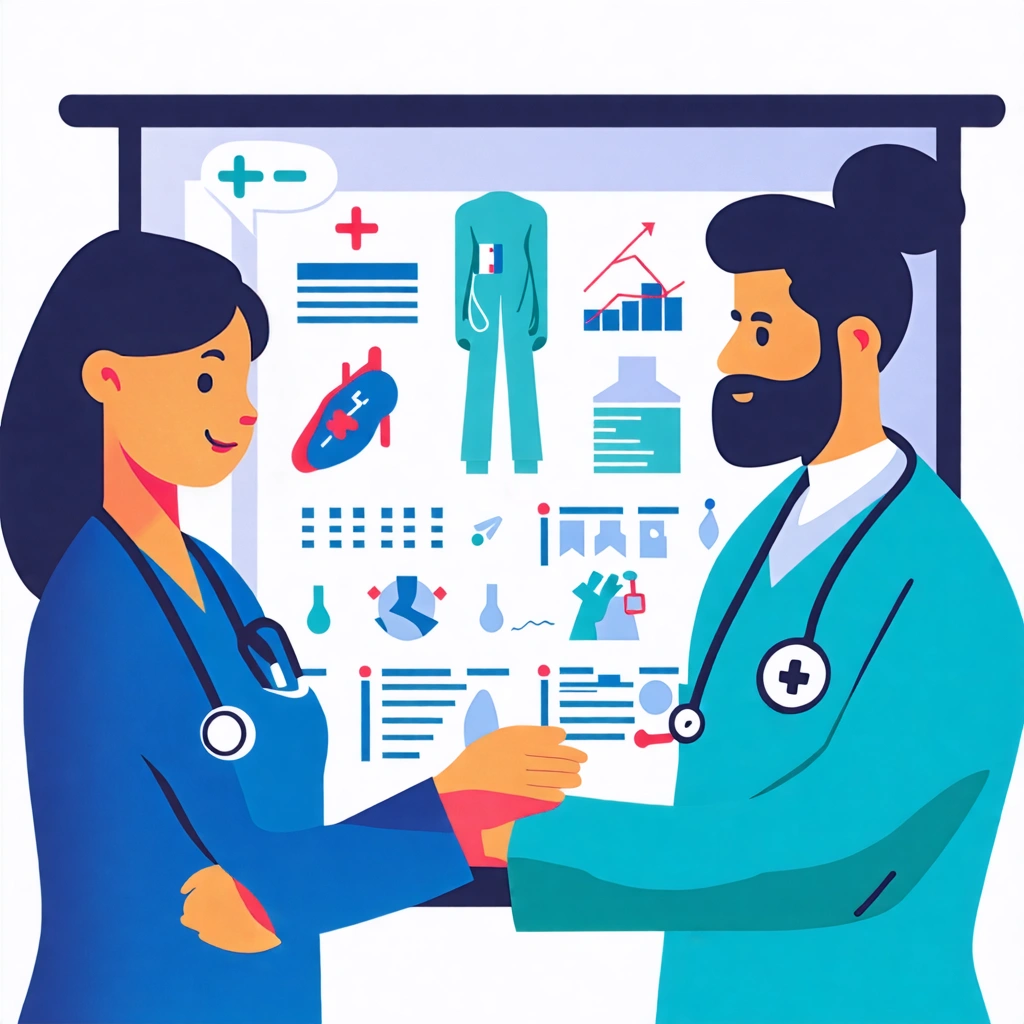
Unlocking Health: The Benefits of Regular Health Screenings
Takeaways: Regular health screenings are essential for early detection of potential health issues, promoting preventive care, and ensuring overall wellness. They empower individuals to take charge of their health, leading to better outcomes and improved quality of life.
In today’s fast-paced world, it’s easy to overlook our health amidst the hustle and bustle of daily life. However, prioritizing regular health screenings can be one of the most impactful choices you make for your well-being. This blog post delves into the myriad benefits of regular health screenings, the types of tests available, and why they should be an integral part of your wellness routine.
Understanding Health Screenings

The Importance of Early Detection
One of the primary benefits of regular health screenings is the potential for early detection of diseases. Many health conditions, such as diabetes, hypertension, and various cancers, can develop silently without noticeable symptoms. By the time symptoms appear, the disease may have progressed to a more severe stage, making treatment more challenging.
For instance, routine mammograms can detect breast cancer in its early stages, significantly increasing the chances of successful treatment. Similarly, regular blood pressure screenings can identify hypertension, allowing for lifestyle changes or medical interventions to prevent heart disease.
Promoting Preventive Care
Regular health screenings facilitate a proactive approach to health care. They encourage individuals to focus on preventive measures rather than reactive treatments. By identifying risk factors early on, healthcare providers can recommend lifestyle changes, such as diet and exercise, or medications to help manage those risks.
For example, cholesterol screenings can indicate the risk of heart disease. If elevated cholesterol levels are detected, a healthcare provider can suggest dietary changes, increased physical activity, or medication to lower the risk of heart-related issues.
Empowering Individuals with Health Knowledge
Health screenings empower individuals by providing them with vital information about their health status. Understanding one’s own health risks and conditions enables people to make informed decisions about their lifestyle and medical care. Knowledge is power, and being aware of health risks can motivate individuals to adopt healthier habits.
Moreover, regular screenings can foster a stronger relationship between patients and healthcare providers. This ongoing dialogue about health concerns leads to better communication and a more personalized approach to care.
Saving Costs in the Long Run
While some may view regular health screenings as an added expense, they can actually save money in the long run. Preventive care is typically less costly than treating advanced diseases. For example, managing diabetes through regular monitoring and lifestyle adjustments is far less expensive than treating complications that arise from uncontrolled diabetes.
Additionally, many health insurance plans cover preventive screenings at no cost, making it easier for individuals to prioritize their health without financial burden.
Types of Health Screenings

- Blood Pressure Screening: Recommended for adults at least every two years.
- Cholesterol Screening: Typically advised for adults starting at age 20, depending on risk factors.
- Diabetes Screening: Suggested for adults with high blood pressure or obesity.
- Cancer Screenings: Such as mammograms, colonoscopies, and Pap smears, depending on age and risk factors.
- Vision and Hearing Tests: Important for detecting issues that can affect quality of life.
Conclusion








